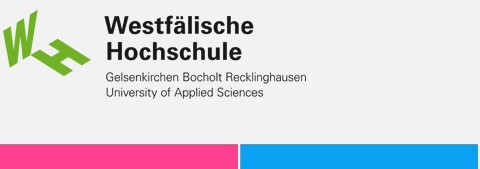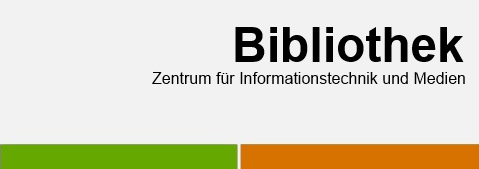Filtern
Dokumenttyp
Schlagworte
- AlphaFold, ColabFold, PyMOL (1)
- Bone Morphogenetic Protein, BMP, BMP2 (1)
- CDK (1)
- Chemical space (1)
- Cheminformatics (1)
- Chemistry Development Kit (1)
- Chemistry Development Kit, CDK, Molecule fragmentation, In silico fragmentation, Scaffolds, Functional groups, Glycosidic moieties, Rich client, Graphical user interface, GUI (1)
- Clustering (1)
- Fragmentation (1)
- Natural products (1)
Description and Analysis of Glycosidic Residues in the Largest Open Natural Products Database
(2021)
The concept of molecular scaffolds as defining core structures of organic molecules is utilised in many areas of chemistry and cheminformatics, e.g. drug design, chemical classification, or the analysis of high-throughput screening data. Here, we present Scaffold Generator, a comprehensive open library for the generation, handling, and display of molecular scaffolds, scaffold trees and networks. The new library is based on the Chemistry Development Kit (CDK) and highly customisable through multiple settings, e.g. five different structural framework definitions are available. For display of scaffold hierarchies, the open GraphStream Java library is utilised. Performance snapshots with natural products (NP) from the COCONUT (COlleCtion of Open Natural prodUcTs) database and drug molecules from DrugBank are reported. The generation of a scaffold network from more than 450,000 NP can be achieved within a single day.
Developing and implementing computational algorithms for the extraction of specific substructures from molecular graphs (in silico molecule fragmentation) is an iterative process. It involves repeated sequences of implementing a rule set, applying it to relevant structural data, checking the results, and adjusting the rules. This requires a computational workflow with data import, fragmentation algorithm integration, and result visualisation. The described workflow is normally unavailable for a new algorithm and must be set up individually. This work presents an open Java rich client Graphical User Interface (GUI) application to support the development of new in silico molecule fragmentation algorithms and make them readily available upon release. The MORTAR (MOlecule fRagmenTAtion fRamework) application visualises fragmentation results of a set of molecules in various ways and provides basic analysis features. Fragmentation algorithms can be integrated and developed within MORTAR by using a specific wrapper class. In addition, fragmentation pipelines with any combination of the available fragmentation methods can be executed. Upon release, three fragmentation algorithms are already integrated: ErtlFunctionalGroupsFinder, Sugar Removal Utility, and Scaffold Generator. These algorithms, as well as all cheminformatics functionalities in MORTAR, are implemented based on the Chemistry Development Kit (CDK).
Recent years have seen a sharp increase in the development of deep learning and artificial intelligence-based molecular informatics. There has been a growing interest in applying deep learning to several subfields, including the digital transformation of synthetic chemistry, extraction of chemical information from the scientific literature, and AI in natural product-based drug discovery. The application of AI to molecular informatics is still constrained by the fact that most of the data used for training and testing deep learning models are not available as FAIR and open data. As open science practices continue to grow in popularity, initiatives which support FAIR and open data as well as open-source software have emerged. It is becoming increasingly important for researchers in the field of molecular informatics to embrace open science and to submit data and software in open repositories. With the advent of open-source deep learning frameworks and cloud computing platforms, academic researchers are now able to deploy and test their own deep learning models with ease. With the development of new and faster hardware for deep learning and the increasing number of initiatives towards digital research data management infrastructures, as well as a culture promoting open data, open source, and open science, AI-driven molecular informatics will continue to grow. This review examines the current state of open data and open algorithms in molecular informatics, as well as ways in which they could be improved in future.


